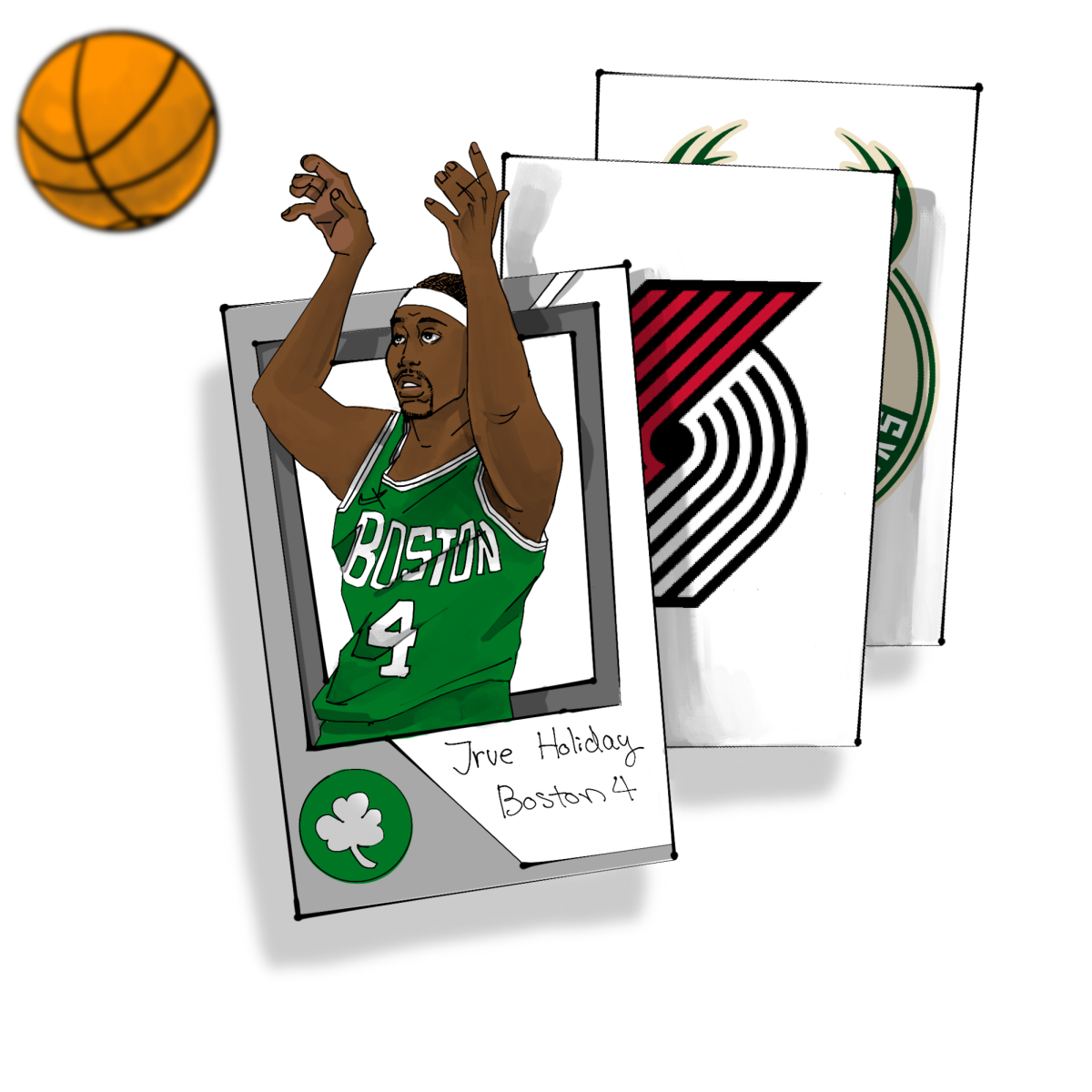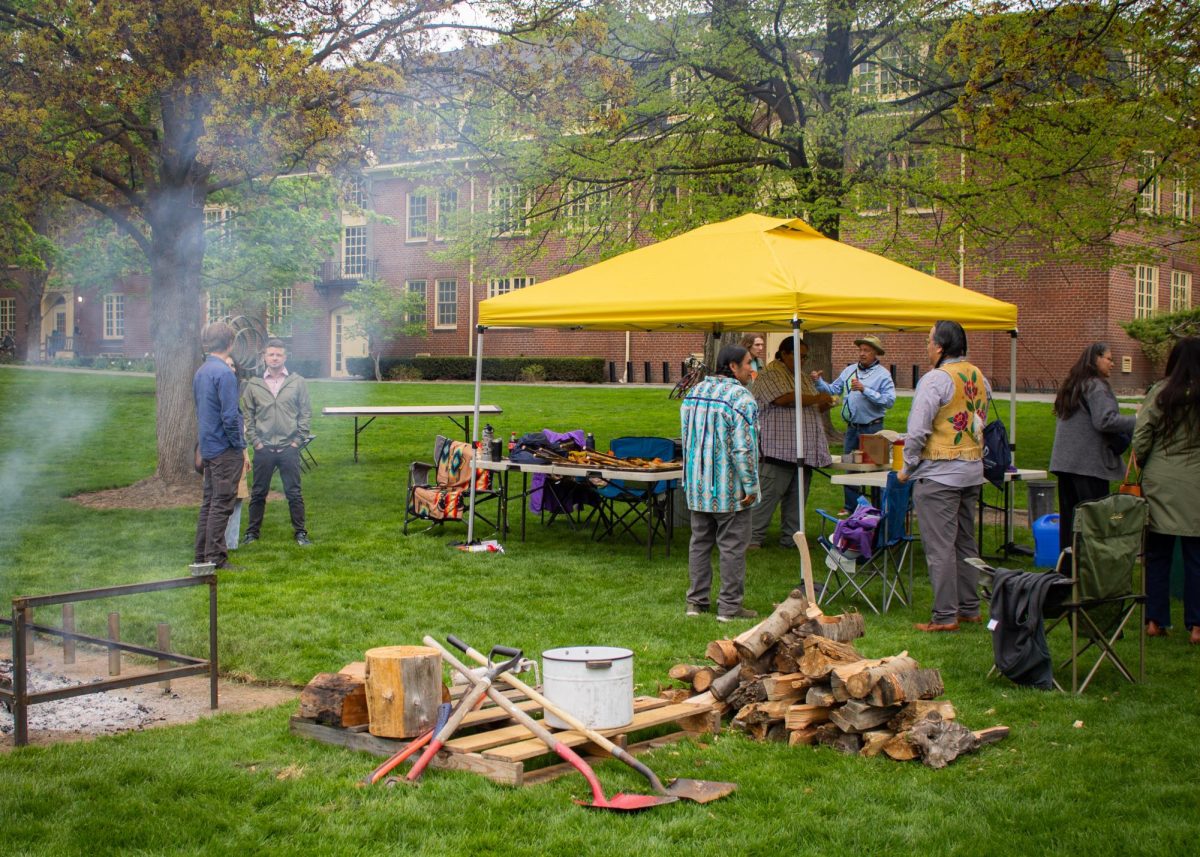The bustling Whitman College campus is bookended by two essential social hubs: to the south, Prentiss Hall, home of Whitman’s four women’s fraternities, and to the north, Whitman’s four fraternity houses. These Greek chapters have peripheral locations but are of central importance to life at Whitman, with occasional recklessness that divides the campus over controversial issues as well as tremendous fellowship that brings Whitties together. To properly understand how the Greek system has taken such a strong foothold in Whitman’s social life, it is imperative to start from the beginning.
Arrival
As would be expected of a small liberal arts college, the Whitman administration was quite apprehensive of bringing in Greek life and its troublesome reputation. However, students at the beginning of the 20th century were increasingly eager to have chapters, at first creating hometown clubs and then making their own Greek chapters with names such as Kappa Gamma and Delta Phi Delta. Fraternities as well as women’s fraternities were becoming more prominent on campus.
“At a lot of schools, the men made fraternities first, but something that’s unique about Whitman is that the women were right there with the men, making sororities,” said Associate Dean of Students Barbara Maxwell.
These fraternities and women’s fraternities were created for a variety of reasons, one being that Whitman’s housing was in poor condition and short supply especially for male students. They found themselves having to live in off-campus houses together and, finding it enjoyable, wanted to make a fraternity out of the experience. By 1910, the administration agreed to a two-year probationary period to see if Greek life would work. The observations went well, and with the endorsement of major Greek supporter President Stephen Penrose, chapters were allowed under one condition: They had to be national chapters. Thus began the process of Whitman’s various made-up groups having to petition national organizations to come to campus, a process that was as unique as one would expect from a school like Whitman.
Toy the Cook
G. Thomas Edwards’ book “The Triumph of Tradition,” which chronicles Whitman’s early years, names a certain employee who helped make housing an issue for male Whitman students. Professor Norman Coleman, who was in charge of Billings Hall, the only male dormitory on campus, “blamed Toy, the Chinese cook, for some basic problems.” The bedbugs and cockroaches that infested the hall “came from the kitchen and Toy’s room.” The conditions were so bad that many students sought off-campus housing. If there is one man to thank for inspiring Whitman to go Greek, it may be Toy.
Phi Mu
The first Greek chapter at Whitman came in very unexpectedly. While the Illahee Club, Delta Phi Delta and Kappa Gamma were publicly petitioning to become national chapters, a group of 14 women confidentially asked the college for permission to petition to be a chapter of Phi Mu. This was kept confidential until this small group became a chapter in 1913, beating the other larger, more public groups to the punch.
The Spokane Club
Among many of the hometown clubs made at Whitman, the Spokane Club was very unique. Many Whitman students were from Spokane, and the city only had one high school at the time. This meant that any petty arguments from high school carried over to college, and this inspired a rift within the Spokane Club. Both sides wanted to become chapters of Beta Theta Pi, and each had an initiated member. One side, the Illahee Club, became a chapter of Phi Delta Theta, allowing the other group, Delta Phi Delta, to become Beta Theta Pi.
The Commoners and AOK
After Beta and Phi came Sigma Chi and Tau Kappa Epsilon to round out the four fraternities Whitman has today. Sig was originally known as the Commoners, a group created as a populist answer to the allegedly elitist Beta and Phi. TKE didn’t arrive until seven years later in 1930, choosing to petition as TKE after originating as the comically named AOK.
Hard Times
After the trying process of petitioning, the Greek organizations have since had to deal with plenty more adversity. Former college President Chester Maxey noted during Beta’s 50th anniversary in 1966 that the houses had to endure the Great Depression and World War I, but were able to do so with commitment and unity. During World War II, fraternities often had to house soldiers, cramming more bodies into what little space the houses had to offer. It is a testament to the tight bonds created by the fraternities that many Whitman servicemen returned to their houses when their service was over.
The civil rights era does not reflect as well on the Greek chapters. Several fraternities and women’s fraternities were investigated for their discrimination practices during initiation, including a story on Kappa Kappa Gamma in a 1967 issue of the Walla Walla Union-Bulletin. While no formal punishments were handed down, the Greek organizations did a poor job as campus leaders of championing civil rights. Since then, there have been isolated incidents of irresponsibility. A Beta member stabbed another Beta member in the house in 1992, and TKE was accused of hazing in 2011. However, most consider the positives of the Greek organizations to far outweigh the sporadic occasions when they slip up.
“Do Greek organizations goof up from time to time, just as all student groups goof up from time to time? Sure, and we deal with it. But this does not diminish their overall value,” said Maxwell.
Loyalty
Ever since the Whitman students in the early days started chapters, Whitties have made sure to get the most out of their Greek life experiences. These groups not only provide great weekend parties but scholastic excellence, commitment and loyalty.
Students in Greek chapters have routinely had higher retention rates and graduation rates than students outside the Greek system, showing that Whitman’s fraternities and women’s fraternities actually live up to their preaching of academic focus. Also, Whitman’s Greek organizations put forth tremendous philanthropic efforts, regularly serving the Walla Walla community in a variety of ways. Perhaps most impressively, alumni who were members of Greek chapters donate more money to the school than non-Greek alumni, and Greek alumni far outnumber non-Greeks at reunion events.
“Something about the Greek organization creates intense loyalty. They’re loyal not just to the organization and its members, but after graduation, to Whitman as an institution as well,” said Maxwell.
The Greek system has brought a great deal to the Whitman campus, simultaneously putting its mark on the college while also letting Whitman’s unique qualities shape the chapters. From their quirky beginnings to where they are today, the fraternities and women’s fraternities have been there for nearly all of Whitman’s history, both as witnesses and central characters.
Timeline
A timeline of when all of the current chapters came to campus:
1915- Phi Delta Theta
1916- Beta Theta Pi
1916- Delta Gamma
1918- Kappa Kappa Gamma
1923- Sigma Chi
1930- Tau Kappa Epsilon
1948- Alpha Phi
1957- Kappa Alpha Theta
2012- Alpha Phi reinstalled

























